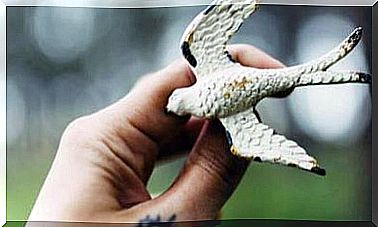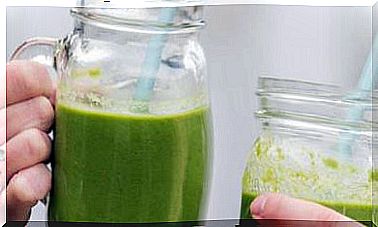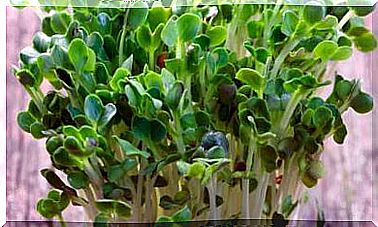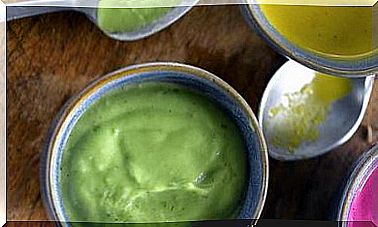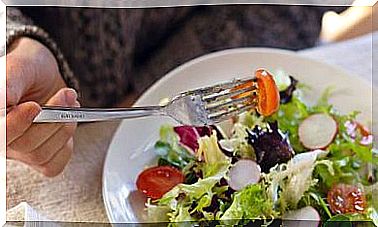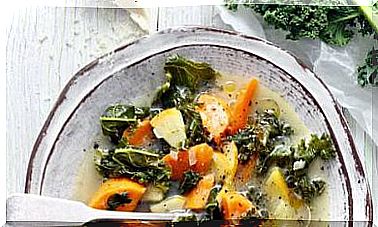How To Relieve Muscle Pain With Effective Natural Remedies
Chronic aches, strains or pain can be relieved naturally. Try the remedies that are most effective for you.

There are many types of muscle pain: that caused by stiffness after excessive exercise, that caused by a sprain or a blow, or also chronic in diseases such as fibromyalgia. In all these cases the person experiences muscle pain, although for different reasons. In any case, when muscle pain appears we can calm it naturally
How to relieve muscle pain
- Perform a therapeutic massage. Receiving a professional massage relieves muscle pain. The masseuse can use vegetable oils so that the hands glide better and also essential oils with anti-inflammatory action, such as lavender, chamomile, rosemary, camphor or St. John’s wort.
- To make some exercise. Absolute rest is not advisable, since it stiffens the muscles, but intense exercise can also be harmful. It is best to maintain a regular routine of moderate exercise. Many muscle discomforts, especially those that appear after exercise, are due more to a lack of habitual movement than otherwise. Exercise, on the other hand, causes us to produce endorphins, which significantly reduce pain. Finally, it must be borne in mind that insomnia and sleep problems make muscle repair difficult at night.
- Stretch the muscles well. One type of exercise, stretching, can be very helpful in treating muscle pain. It is practiced by athletes before competing to avoid contractures and pain. Of course, if you notice a cramp, do not force the muscle: stop and give yourself a massage by stretching the affected part and gently “squeezing” the muscle with the help of one hand, especially where you notice a knot or a contracted area. Once the cramp has subsided, restart the movement with a gentle walk.
Apply cold to a recent injury
Both cold and heat are helpful in treating different types of pain at different times. Choosing one or the other also depends on personal sensitivity. The most effective temperature can be used.
- A recent injury causes an inflammation in the affected area that can be stopped with the application of cold through a pack (sold in pharmacies) or a simple bag of frozen peas.
- After strenuous exercise, and to prevent soreness, it may be helpful to take a cold shower or massage with ice cubes.
- In general, it is recommended to apply cold therapy first and, if the pain persists after 48 hours, go to heat treatment. Of course, you always have to consult a doctor for a diagnosis.
Using hot water for stress contractures
- Heat is helpful when pain is due to a nervous breakdown or stress.
- A home treatment consists of soaking in hot water that has been added to a bowl of sea salt.
- You can also apply heat with a bag at 40ºC. The brain receives the heat signal and it replaces the pain signal. To extend its effects , the bag can be wrapped in a cloth.
Plants to relax and reduce inflammation of the muscles
- Chamomile (Anthemis nobilis). Relaxing, it can be taken in herbal tea or applied as an essential oil in the painful area (it is diluted 3% in sweet almond oil).
- Cayenne (Capsicum annuum). Capsaicin relaxes muscles and interferes with the conduction of pain impulses. Use it internally or as a cream, without overdoing it: it irritates the skin!
- Rosemary (Rosmarinus officinalis). Macerate the rosemary in alcohol for two or three weeks (or add 3% of its essential oil to the alcohol and the same amount of camphor). Massage yourself with him.
- Willow (Salix alba). Its bark is rich in salicylates, anti-inflammatories similar to aspirin, although with less effect. Prepare a tisane by boiling the crust for about 15 minutes. It is a good pain remedy, without the side effects of anti-inflammatories.
The diet to prevent muscle pain
- Magnesium is important. One mineral that helps maintain normal muscle and nerve function is magnesium. Its deficiency causes muscle pain, although not all muscle pain is due to a magnesium deficiency. Magnesium is present in many foods. Pumpkin seeds, cocoa, dried beans, molasses, flax, sesame and sunflower seeds, almonds, dried fruits, spinach, chard, banana and legumes are especially rich in it.
- Papaya and pineapple. Proteases are enzymes that break down proteins. Faced with muscle pain, they can exert an anti-inflammatory effect. The best known are papain and bromelain, present in papaya and in the central parts of tropical pineapple, respectively. Consume these fruits in abundance.
